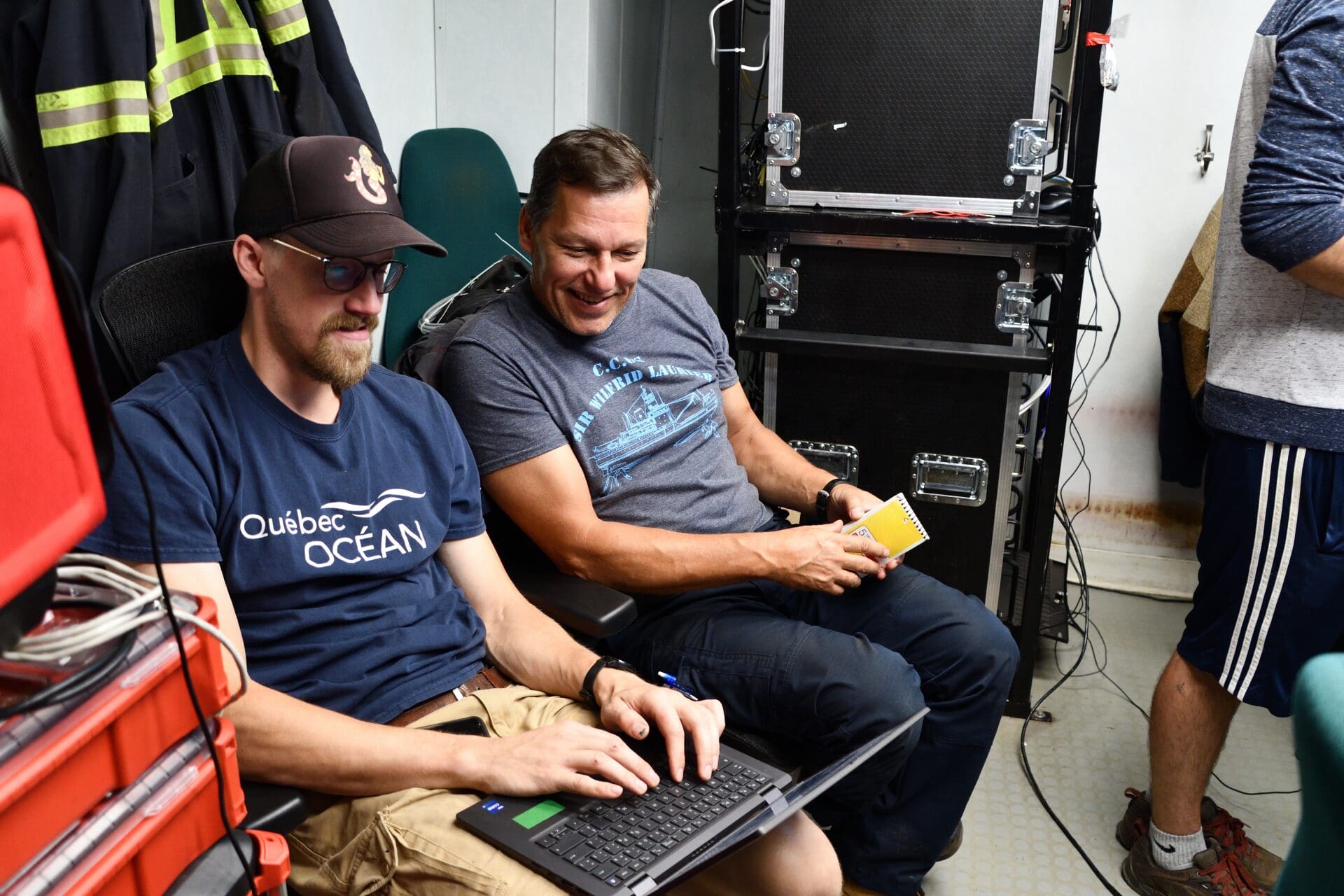Amundsen Science is committed to advancing open data and open science by fostering transparency, accessibility, and collaboration in polar research and monitoring. Our data policy, aligns with the Data Management Principles for Polar Research and Monitoring in Canada and adheres to the research data management policy and strategy of Université Laval, which complies with the Tri-Agency Research Data Management Policy. Through this initiative, Amundsen Science aims to:
- Promote responsible data management, ensuring datasets are freely available, accessible, and reusable for the global research community in accordance with FAIR principles (Findable, Accessible, Interoperable, Reusable).
- Support researchers and programs aboard the CCGS Amundsen with transparent, sustainable data management solutions.

